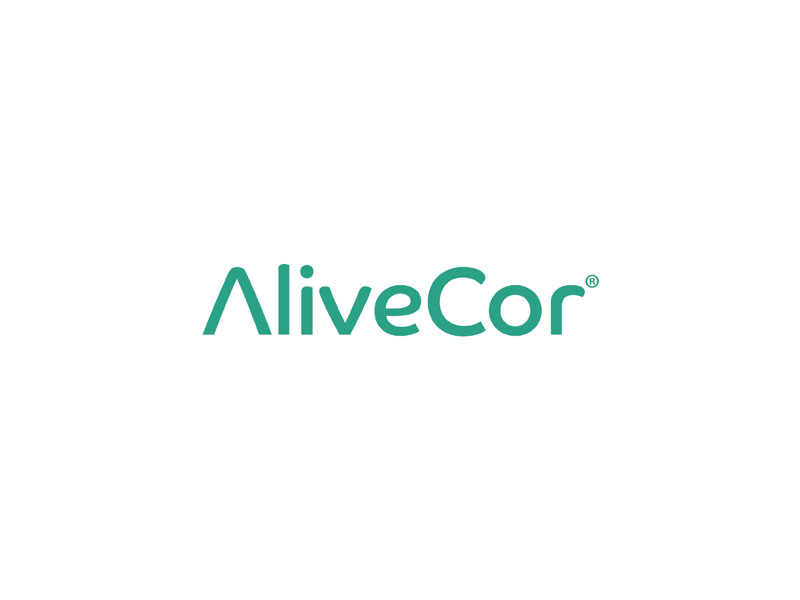AliveCor, the global leader in AI-powered cardiology, has officially announced U.S. Food & Drug Administration (FDA) clearance, as well as the commercial launch of its KAI™ 12L AI technology and the Kardia™ 12L ECG System. According to certain reports, the former’s approval and subsequent launch marks the emergence of world’s first ever AI that can detect life-threatening cardiac conditions, including heart attacks, using a reduced leadset. As for the latter, it is also the world’s first AI-powered handheld 12-lead electrocardiogram (ECG) system with a unique single-cable design. Talk about each product on a slightly deeper level, we begin from the KAI 12L, a device which employs multiple deep neural network algorithms, algorithms that have been trained and validated on more than 1.75 million ECGs conducted at leading US medical centers. Owing to the stated setup, it is able to detect upto 35 cardiac determinations (14 arrhythmias and 21 morphologies), including serious conditions like acute myocardial infarction (MI) and the most common types of cardiac ischemia, using a reduced leadset. Making this technology all the more important is the fact that it can seamlessly integrate with compatible devices, including the Kardia 12L ECG System, something which unsurprisingly does a lot to expand critical access to accurate heart data across a broad range of healthcare settings.
“Not only is it the first FDA-cleared AI that can detect a heart attack on a reduced leadset, but it also returns determinations for our broadest range of conditions yet,” said Priya Abani, CEO of AliveCor. “Paired with our pocket-sized Kardia 12L ECG System, this offering is poised to disrupt traditional care pathways and represents a leap forward in cardiac care.”
Turning our attention towards the Kardia 12L ECG System, it is an innovative solution that requires only a single cable with 5 electrodes to acquire 8 high quality diagnostic bandwidth leads. To understand the significance of such a technology, though, we must acknowledge how, even though those traditional 12-lead ECG machines are the standard of care for detecting and diagnosing many heart conditions, their availability remains a bottleneck due to their size and complexity. This is where KAI 12L comes in bearing its reduced leadset to offer industry-leading clinical efficiency and performance substantially equivalent to state-of-the-art ECG analysis solutions. The given promise of efficiency and performance translates to speed and simplicity that is at a level from where it assists healthcare providers in rapid disease detection and significantly enhances patient experience. More on the same would reveal how Kardia 12L weighs no more than 0.3 pounds and can fit in a pocket, extending a significantly smaller, more portable, and more convenient alternative than those conventional 12-lead ECG machines. On top of that, the device’s streamlined leadset also makes it less invasive for patients, who do not need to fully disrobe during a reading. Hold on, there is more, considering we still haven’t referred to the system’s ask for minimal self-guided training. Such a feature brings further value to its already easy-to-use nature. All these features, when combined, deem 12-lead ECG a viable component in a variety of healthcare facilities and acute settings, including primary and urgent care offices, employer clinics, and other under-resourced or rural venues.
“The AI innovations in the Kardia 12L ECG System offer healthcare providers a clinically-validated handheld 12-lead ECG system and expands this critical technology into more resource-limited settings,” said Dr. Stavros Stavrakis, MD, PhD, Professor of Medicine, Division of Cardiology at the University of Oklahoma Health Sciences Center. “By streamlining the process of recording a 12-lead ECG, Kardia 12L has significant implications for rapid ECG diagnosis in clinical practice.”


